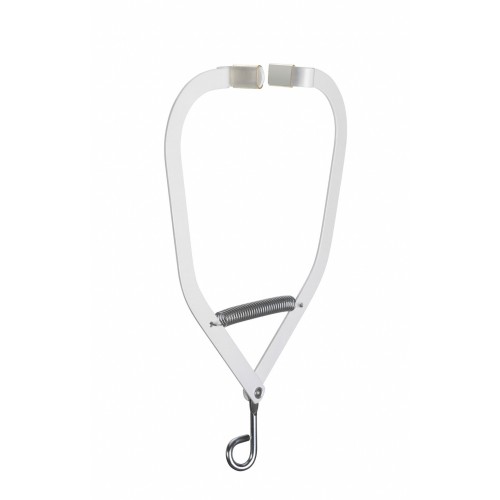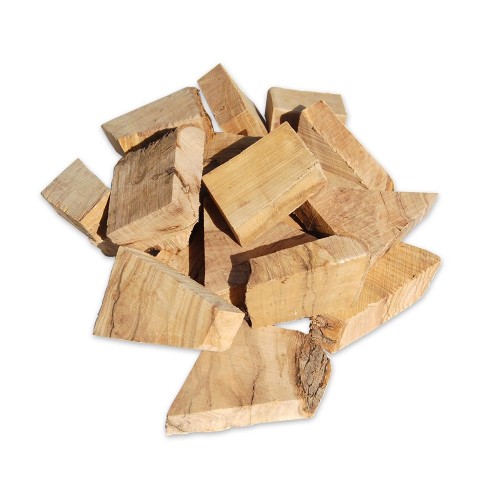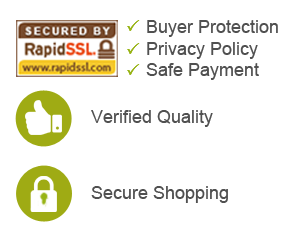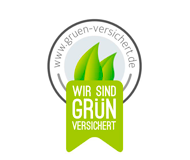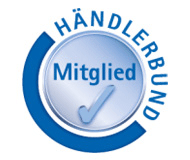DIY & Home Improvement at Greenpicks
Eco-friendly Building Supplies Online Shop for DIY projects
Whether it's a flat or a house, a balcony or a garden – repairs are just as necessary as the creative implementation of craft ideas. For the successful realisation of DIY projects, a reliable tool kit is just as indispensable as craft accessories for creative projects. Construction projects and repairs are particularly resource-efficient if DIY enthusiasts can use materials that are already available. In terms of upcycling, existing objects and raw materials can also be used for handicrafts to give them a second life.
Whether for handicrafts, building, renovating or repairing – with the proper material and tools, the work can be done cleanly. Besides skill, high-quality material and tools are necessary. For a comfortable home free of harmful substances, Greenpicks offers an environmentally friendly range for all areas of ecological building and living, DIY and home improvement.
read more »What environmental standards must ecoconscious tool manufacturers and producers of building materials meet?
Sustainability starts in the production plant.
ISO 14001 is the international standard that specifies requirements for an effective environmental management system (EMS). It provides a guideline for organisations that want to systematize and improve their environmental management efforts. The adoption of this standard is voluntary, however, many organisations decide to use ISO 14001 aiming to implement, maintain and improve an EMS to ensure compliance with its environmental policy and demonstrate conformity with this international standard.
ISO 50001 is a standard that specifies the requirements needed to plan, implement, maintain, and continuously improve an energy management system (EnMS). The goal is resource-saving energy production in the sense of environmental and climate protection.
Even an eco-friendly DIY market cannot do without packaging. Both during transport and in the warehouse, building materials, hardware, screws, tools and machines must be protected from external influences. As part of their environmental management, environmentally conscious companies use FSC®-certified cardboard boxes. After use, they are returned to the material cycle, recycled and processed into new cardboard boxes and packaging. Conventional blister packaging is dispensed with. This significantly reduces plastic waste in industry and trade.
Environmentally friendly Building and Home Renovation
Design and functionality characterise high-quality tools and promise a long period of use. By using stable and natural, non-toxic materials certified with the Blue Angel, possible environmental impacts can be reduced to a minimum. These include, for example, lead-free paints and coatings and natural materials for decorative wall design that have the ability to store heat and bind odours and pollutants. Eco-sensitive wall paints, wallpapers and woodchip wallpaper made of recycled paper, environmentally friendly sealants, paints, oils and plaster as well as external thermal insulation composite systems offer advantages for the environment and health. They are low-emission, non-toxic and reduce the environmental impact.
Whether outdoors or in the home – many creative projects can be realised with wood. When buying wood, certification systems such as PEFC and FSC® (Forest Stewardship Council) help. They certify the entire supply chain up to the finished product. They take care of nature conservation as well as social standards. In principle, only as many trees may be removed from an economically used forest as can grow back again through targeted reforestation.
The sustainable construction industry uses materials needed in the preliminary stages of production that are of local origin. Local partners and suppliers strengthen the domestic economy and secure jobs in the home country.
Eco-friendly Handicrafts
Old, broken or seemingly useless objects and scrap do not always have to be thrown away. With handicrafts, you try to create something new and creative by all available means and materials. In principle, every product, piece of clothing or appliance for which there is apparently no longer a use can be considered to be seen if something useful can be made out of it. In this way, almost every object, every part, every material can be upgraded. With upcycling, the discarded object is given a new life. With eco-friendly craft supplies, every age group can express its own creativity and imagination. Because the success of DIY projects in the craft workshop stands and falls with the quality.
Supply chain laws regulate the entire value chain
From logs to lumber or furniture, or from pulp to paper or printed materials – nowadays end consumers want to know where materials used come from and whether they are obtained and processed under fair conditions.
The German Supply Chain Due Diligence Act (Lieferkettensorgfaltspflichtengesetz, LkSG) regulates the due diligence obligations of German business entities within the entire supply chain – from raw materials to the finished commercial product. The LkSG sets out due diligence obligations that are based on the UN Guiding Principles on Business and Human Rights (UNLP) and basically cover the entire supply chain. This also includes preventing child labour and forced labour in the supply chains. In addition, German companies must fulfil environmental obligations.
Other European countries, e.g. France and the Netherlands, also have similar supply chain laws that affect the entire value chain.
Overall, both legal regulations such as the Supply Chain Act and ecological labels provide more transparency for final customers.
Ethical responsibility towards employees, society and the environment
Sustainability is also understood in dealing with suppliers, business partners and employees. Business enterprises can introduce their own code of conduct that follows the rules for fair and respectful cooperation.
The Code of Conduct defines guidelines for legally and ethically correct behaviour for employees, both internally and externally towards suppliers. In this way, the Code of Conduct complements the corporate social responsibility strategy.


